AddressSanitizer continue_on_error -- Jim Radigan
 Visual Studio 17.6 comes with new functionality in the Address Sanitizer runtime which provides a new “checked build” for C and C++. This new runtime mode diagnoses and reports hidden memory safety errors, with zero false positives, as your app runs.
Visual Studio 17.6 comes with new functionality in the Address Sanitizer runtime which provides a new “checked build” for C and C++. This new runtime mode diagnoses and reports hidden memory safety errors, with zero false positives, as your app runs.
AddressSanitizer continue_on_error
by Jim Radigan
From the article:
C++ memory safety errors are a top concern for the industry. In Visual Studio 17.6, we deliver a new experimental Address Sanitizer feature: continue_on_error (COE). We’ll remove the experimental label in 17.8. You compile as before, by simply adding the compiler flag -fsanitizer=address. With 17.6 you can enable the COE functionality by setting environment variables from the command line.

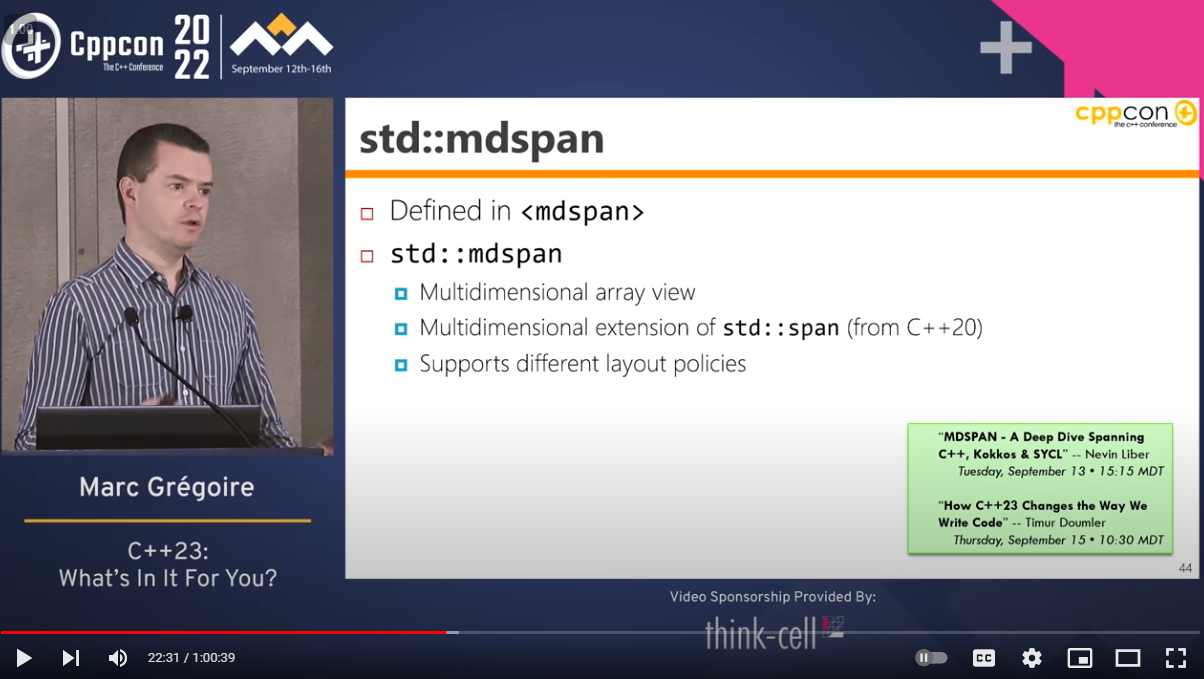 Registration is now open for CppCon 2023! The conference starts on October 1 and will be held
Registration is now open for CppCon 2023! The conference starts on October 1 and will be held 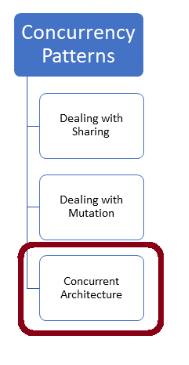 The Monitor Object design pattern synchronizes concurrent member function execution to ensure that only one member function runs within an object at a time. It also allows an object's member functions to schedule their execution sequences cooperatively.
The Monitor Object design pattern synchronizes concurrent member function execution to ensure that only one member function runs within an object at a time. It also allows an object's member functions to schedule their execution sequences cooperatively.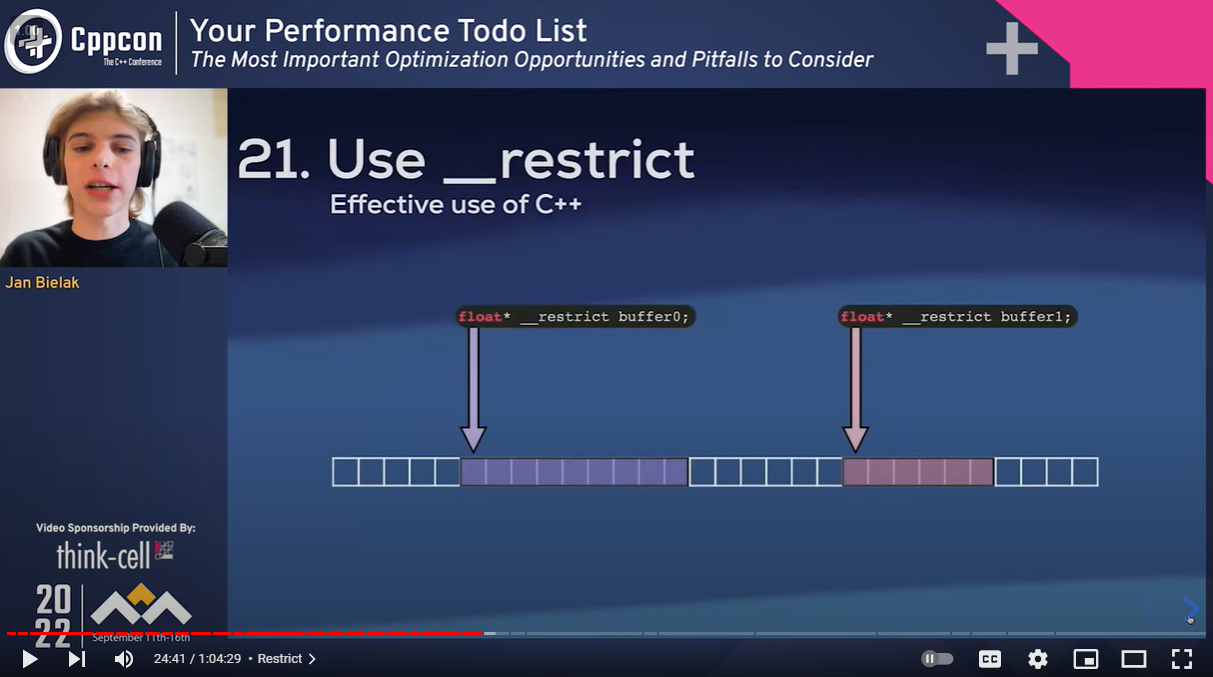 Registration is now open for CppCon 2023! The conference starts on October 1 and will be held
Registration is now open for CppCon 2023! The conference starts on October 1 and will be held 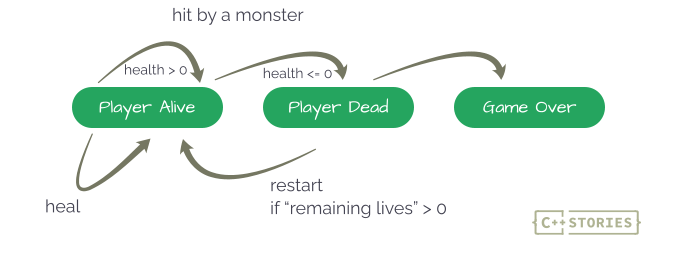
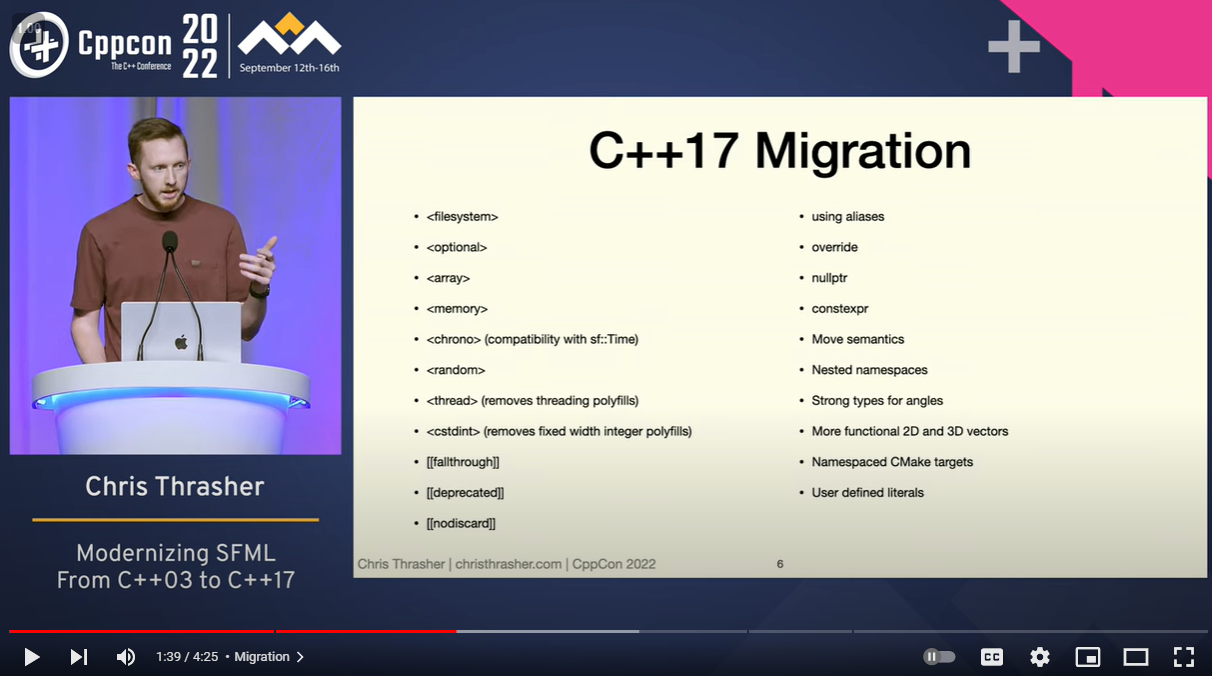 Registration is now open for CppCon 2023! The conference starts on October 1 and will be held
Registration is now open for CppCon 2023! The conference starts on October 1 and will be held 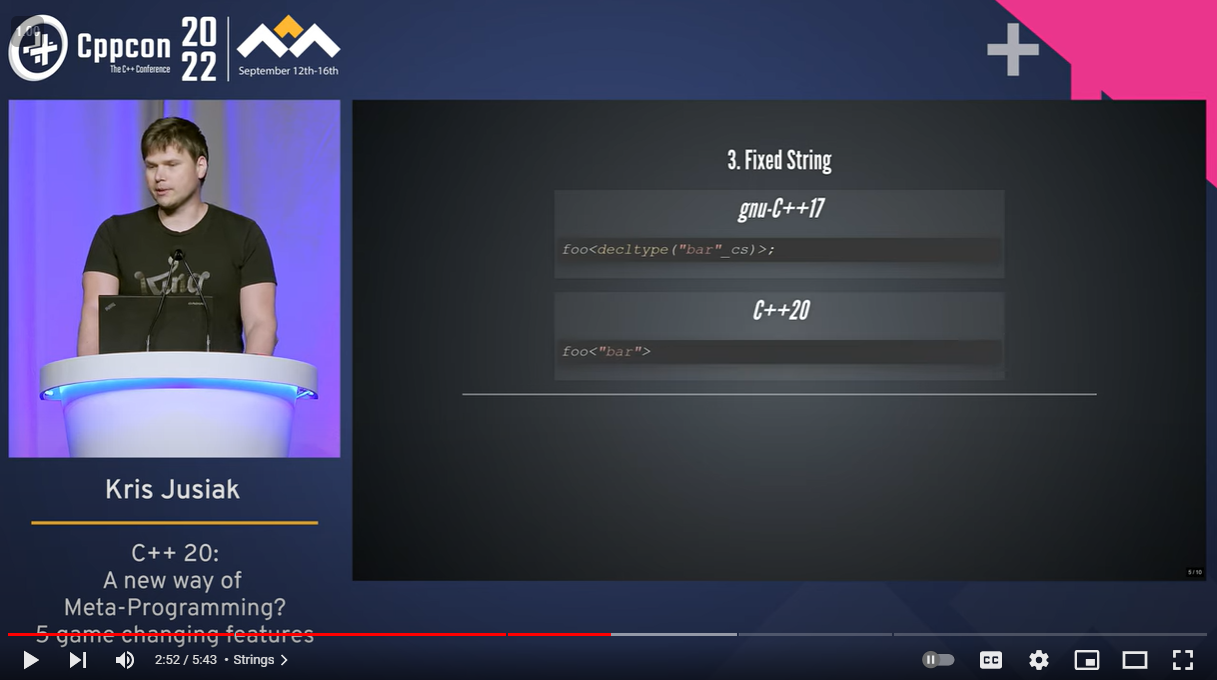 Registration is now open for CppCon 2023! The conference starts on October 1 and will be held
Registration is now open for CppCon 2023! The conference starts on October 1 and will be held 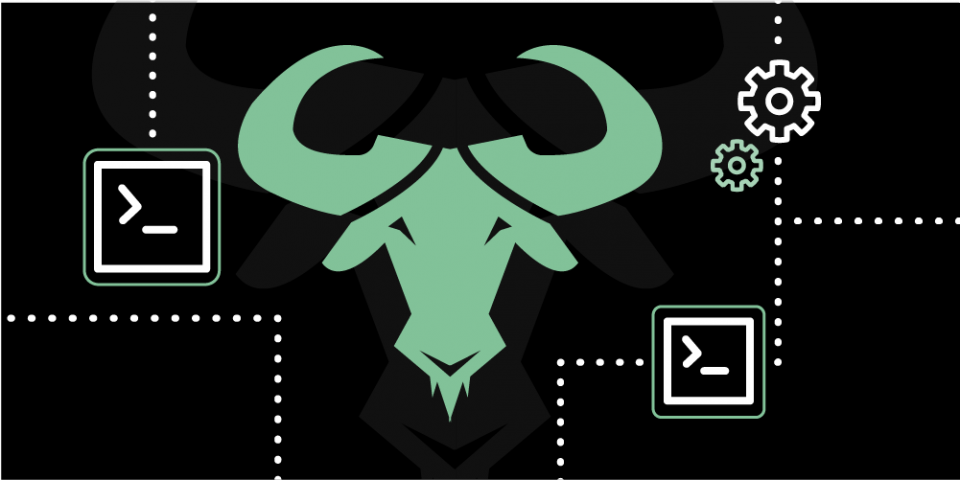 The latest major version of the
The latest major version of the 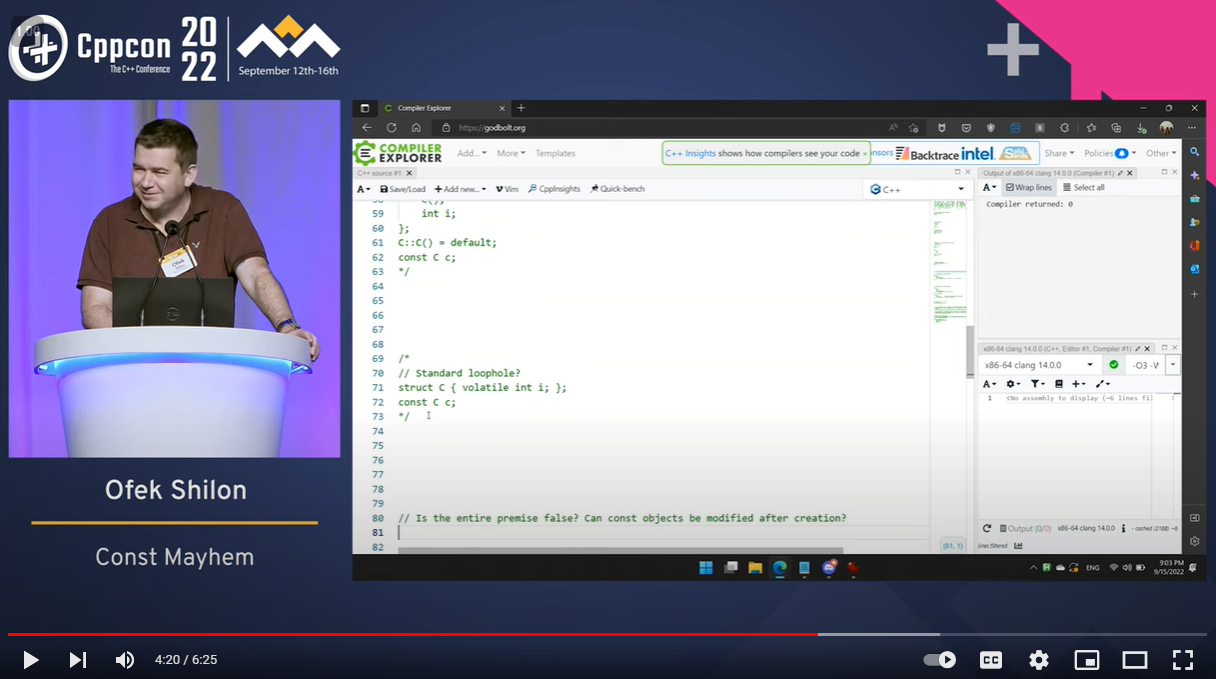 Registration is now open for CppCon 2023! The conference starts on October 1 and will be held
Registration is now open for CppCon 2023! The conference starts on October 1 and will be held 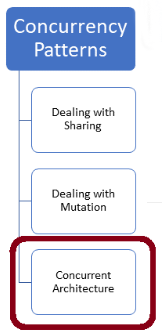 The active object design pattern decouples method execution from method invocation for objects that each reside in their own thread of control.The goal is to introduce concurrency, by using asynchronous method invocation and a scheduler for handling requests.
The active object design pattern decouples method execution from method invocation for objects that each reside in their own thread of control.The goal is to introduce concurrency, by using asynchronous method invocation and a scheduler for handling requests.